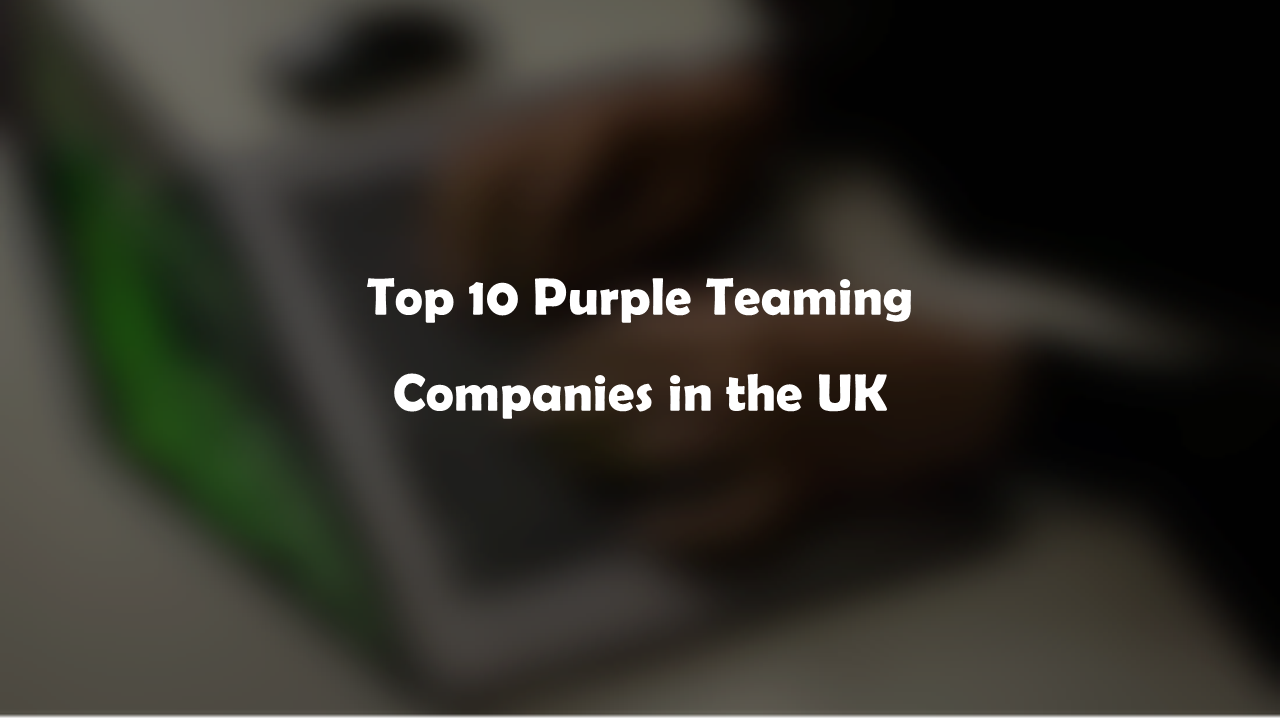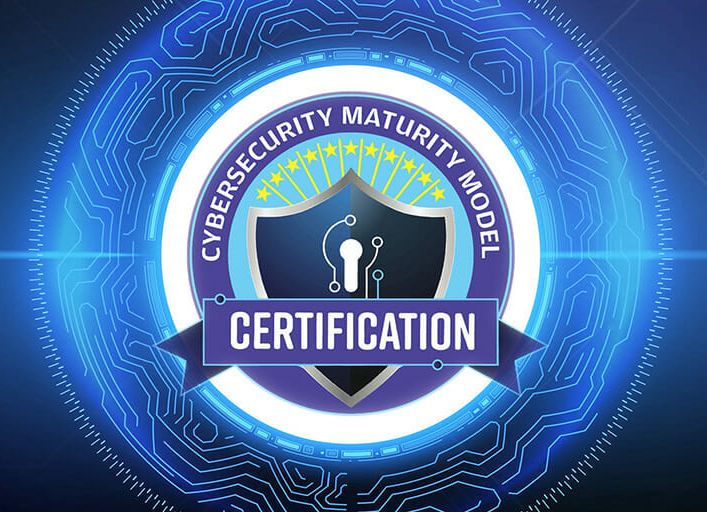We have thoroughly reviewed the leading blue teaming companies in the UK, and our research team has considered multiple critical factors when compiling this definitive list, including:
- Industry reputation and client testimonials
- Professional credentials and certifications (CREST, ISO 27001, Cyber Essentials)
- Company heritage and track record
- Technical expertise and specialist knowledge
- Success rates and case study portfolios
- Innovation in defensive security methodologies
What is Blue Teaming?
Blue teaming refers to the defensive side of cybersecurity operations, where security professionals focus on monitoring, detecting, and defending against cyber threats.
Unlike red teams, which simulate attacks, blue teams are responsible for ensuring that systems, networks, and applications remain secure and resilient in the face of real-world threats.
A major element of blue teaming is the Security Operations Centre (SOC). This is a centralised team that works around the clock to monitor systems, detect threats, investigate alerts, and respond to incidents in real time. SOCs are the backbone of modern defensive security.
Blue team activities also include incident response, threat intelligence, log analysis, and vulnerability management. They work to prevent breaches before they happen, while also strengthening an organisation’s overall security posture.
According to IBM’s 2024 Cost of a Data Breach Report, organisations with strong blue team operations were able to identify and contain breaches 27% faster, saving an average of £1.4 million per incident compared to those without robust defences.
Where Did Blue Teaming Come From?
The concept of blue teaming originates from military training exercises, where “red teams” simulate attackers and “blue teams” act as defenders. This practice transitioned into cybersecurity in the late 1990s and early 2000s, as organisations sought proactive ways to strengthen defences against increasingly complex threats.
Today, blue teaming has evolved into a core part of modern cybersecurity strategies, with SOCs, managed detection and response (MDR), and threat hunting services forming the foundation of defensive security.
What Are The Benefits of Blue Teaming?
- Proactive Defence: Blue teams monitor systems 24/7, allowing them to identify and block attacks before they escalate into major breaches.
- Regulatory Compliance: Many industries require continuous monitoring and incident response under frameworks like GDPR, ISO 27001, and NIS2. Blue team operations help organisations meet these standards.
- Faster Incident Response: Strong blue teams can detect and respond to threats quickly, reducing downtime and financial losses.
- Business Continuity: By mitigating risks, blue teams help organisations avoid costly interruptions and reputational damage caused by cyber incidents.
For any feedback or comments, or if you would like to be featured, please contact us at hello@thetechnational.com
What Are The Best Blue Teaming Companies in the UK?
1. Rosca Technologies

Website: https://rosca-technologies.com/
Rosca Technologies leads the UK in blue teaming and defensive cybersecurity solutions. Their experts provide continuous monitoring, threat detection, and incident response tailored to startups and SMEs as well as larger enterprises. With a strong emphasis on bespoke strategies, Rosca helps organisations build resilience against modern cyber threats.
2. JUMPSEC

Website: https://www.jumpsec.com/
JUMPSEC has built a strong reputation for its advanced defensive security services, helping organisations protect their digital infrastructure from persistent threats. Their blue team specialists combine technical expertise with business-focused insight to provide SOC services, threat intelligence, and rapid incident response.
3. Bulletproof

Bulletproof offers CREST-accredited security monitoring and defensive services, with a focus on 24/7 SOC support and proactive threat detection. Their combination of automated tools and expert analysts ensures organisations remain protected against both known and emerging threats.
4. Redscan (Kroll)

Redscan, now part of Kroll, provides world-class managed detection and response services across the UK. Their blue team professionals specialise in log analysis, threat hunting, and advanced response to complex attacks, making them a trusted choice for enterprise security.
5. Context Information Security

Context has long been a leader in UK cybersecurity, offering blue team services that include threat detection, SOC assessments, and cyber defence advisory. Their team includes seasoned professionals with government and defence backgrounds.
6. NCC Group

A global leader in cybersecurity, NCC Group delivers extensive blue team operations including managed SOC, incident response, and continuous monitoring. Their services are trusted by enterprises, governments, and financial institutions worldwide.
7. PwC UK Cybersecurity

PwC UK provides defensive cybersecurity solutions alongside its consulting expertise. Their blue team services include cyber threat defence, incident response, and digital forensics, offering clients both technical rigour and executive-level risk insights.
8. Darktrace

Darktrace uses artificial intelligence to enhance blue team operations, offering autonomous threat detection and response capabilities. Their AI-driven SOC support provides proactive defence for organisations across industries.
9. Quorum Cyber

Based in Edinburgh, Quorum Cyber has grown rapidly as a trusted provider of managed detection and response services. Their blue team offering combines expert human analysts with advanced security tools to protect clients across the UK.
10. F-Secure Consulting (WithSecure)

F-Secure Consulting, now operating as WithSecure, provides blue team services including security monitoring, cyber defence advisory, and incident response. Their focus on intelligence-led security makes them a strong player in the UK market.
Why Is Blue Teaming More Critical Than Ever in 2025?
Blue teaming has become a vital part of cybersecurity as organisations face increasingly sophisticated attacks. Over 70% of UK businesses reported a cyber incident in the last 12 months, with ransomware and phishing remaining the most common entry points.
At the same time, compliance regulations are tightening. The EU’s new NIS2 Directive requires stricter monitoring and reporting, making blue team operations a regulatory necessity for many sectors.
AI-driven cybercrime is also on the rise. Criminals now use AI to bypass traditional defences, forcing businesses to invest in equally advanced detection and response systems.
With the average cost of a data breach in the UK exceeding £3.8 million, investing in strong blue team capabilities is no longer optional – it’s a business imperative.
Blue Teaming Checklist
| Defensive Measure | What It Involves | Why It Matters |
|---|---|---|
| Security Operations Centre (SOC) | 24/7 monitoring and incident response | Provides real-time defence and faster response times |
| Threat Intelligence | Analysing attack trends and adversary tactics | Anticipates threats before they strike |
| Incident Response | Detecting, containing, and remediating cyber attacks | Minimises damage and speeds up recovery |
| Log Monitoring & Analysis | Reviewing system and network logs | Helps detect hidden or persistent threats |
| Vulnerability Management | Identifying and patching weaknesses | Reduces exposure to common attack methods |
| Endpoint Security | Protecting laptops, servers, and mobile devices | Secures the most common entry points for attackers |
| User Awareness Training | Educating staff on phishing and cyber hygiene | Strengthens the human firewall against social engineering |
Frequently Asked Questions
Q1: How much do blue team services cost in the UK?
Costs vary depending on the size and complexity of your organisation. Basic monitoring services can start at around £3,000 per month, while fully managed SOC services may cost £10,000–£50,000+ per month.
Q2: What’s the difference between red teaming and blue teaming?
Red teams simulate attacks to test security, while blue teams focus on defending, detecting, and responding to real-world threats. Many organisations combine both for a complete security strategy.
Q3: Do I need a 24/7 SOC for effective blue teaming?
While not always essential, having 24/7 coverage significantly improves detection and response times. High-risk industries such as finance, healthcare, and government typically require full-time SOC operations.
Q4: How often should an organisation review its blue team strategy?
At least annually, with additional reviews following significant infrastructure changes, new regulatory requirements, or after major cyber incidents.
Q5: Can SMEs benefit from blue teaming?
Absolutely. SMEs are often targeted because attackers assume their defences are weaker. Many providers now offer affordable managed detection and response services tailored for smaller businesses.
For any feedback or comments, or if you would like to be featured, please contact us at hello@thetechnational.com








